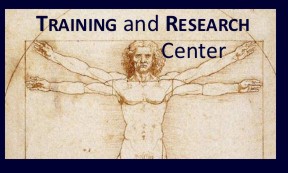Gifric
is currently offering a cycle of training seminars in psychoanalysis.
Each seminar lasts five days, usually at the beginning of June,
and it offers an intensive combination of lectures on the relation
between theory and practice, clinical case presentations, and discussion.
The complete cycle extends over six consecutive years.
Since
1983, these seminars on the formations of the unconscious have sought
to help their participants to acquire the theoretical and clinical
orientation necessary to establish a properly psychoanalytic practice.
The
seminars are conducted by Gifric founders,
Willy Apollon, Danielle Bergeron, and Lucie Cantin.
The
overall goal of the seminars is to provide their participants with
opportunity to study the logic of the psychoanalytic cure. Theoretical
presentations establish how the fundamental concepts of psychoanalysis,
developed in the works of Freud and Lacan, have emerged from an
ethics of clinical practice. The discussion of clincal cases, in
turn, allows participants to pay special attention to the place
of ethics in the analytic act.
The
teaching of the seminars is divided into two stages. During the
first two years, the teaching will focus on the fundamental concepts
of psychoanalysis, with an emphasis upon their applications within
clinical practice, rather than upon the theoretical study of psychoanalytic
discourse. During the following four years, the teaching will be
concerned with a series of specific topics relating to the direction
of the analytic experience : the dream, the symptom, the traversal
of the fantasy, and clinical strategies with respect to the different
psychic structures. In addition to attending the seminars, participants
will be encouraged to form regular working groups, so that they
may continue to work during the year on questions raised by the
seminar. A number of such groups, consisting of participants from
past seminars, have already been successfully working together for
several years.
The
seminars are open to anyone who has gone through (or is intending
to go through) an analysis or an analytic psychotherapy, or who
wishes to establish an analytic practice. We also welcome academics
and graduate students interested in psychoanalysis who would like
to supplement their theoretical education by engaging with questions
of clinical practice.











